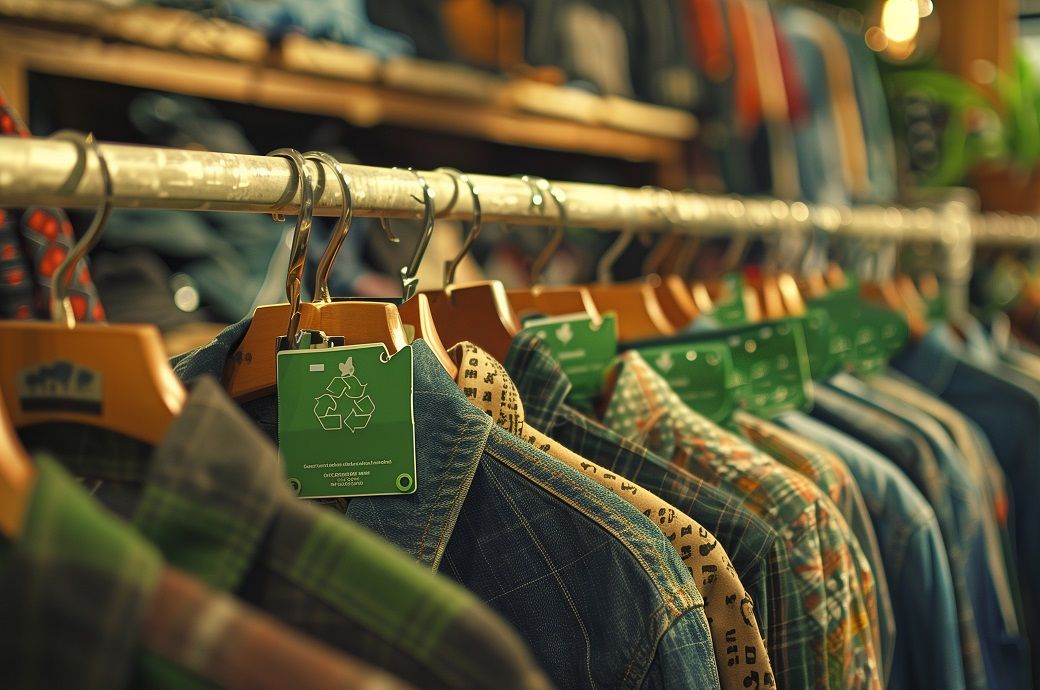
The research claims retailers in the UK are responding positively to the rising consumer expectations about sustainability in recent years. By area of impact, carbon-related claims accounted for just 2.7 per cent of all green claims, 24 per cent of these were classified as high risk. Nature-related claims accounted for more than half (55 per cent) of green claims; just 15 per cent of these were classified as high risk.
The Competition and Markets Authority's (CMA) green claims code went into effect in September 2021. This regulatory advice requires all green claims to be truthful, clear, and supported by evidence; to consider the entire product life cycle; to make fair comparisons; and to provide all essential facts.
The CMA's global study showed that one in every seven claims had a high risk of misleading consumers, which projected that 40 per cent of green claims could be deceptive.
Thes 10 most common high-risk claims mentioned in the research by BRC and Provenance are sustainable, responsibly/sustainably sourced, 100 per cent natural, 100 per cent recyclable, responsible forestry, certified-sustainable, natural goodness, fully recyclable, 100 per cent pure, and eco-friendly.
BRC and Provenance are also collaborating to launch the Retailer Green Claims Forum, a collaborative initiative aimed at enhancing green claims compliance and transparency in the retail sector.
Tracey Banks, climate action roadmap manager at the British Retail Consortium, said: “It's highly encouraging to see that retailers are responding to consumer demand for sustainability. We recognise, however, that the industry needs more support to ensure their green marketing is clear, accurate, and substantiated. What’s at stake is not just compliance, but a very real green growth opportunity. Our new retailer Green Claims Forum with Provenance is a timely and essential initiative to help sustainability leaders collaborate with experts and peers to master green claims compliance and realise their commercial value.”
Fibre2Fashion News Desk (SG)